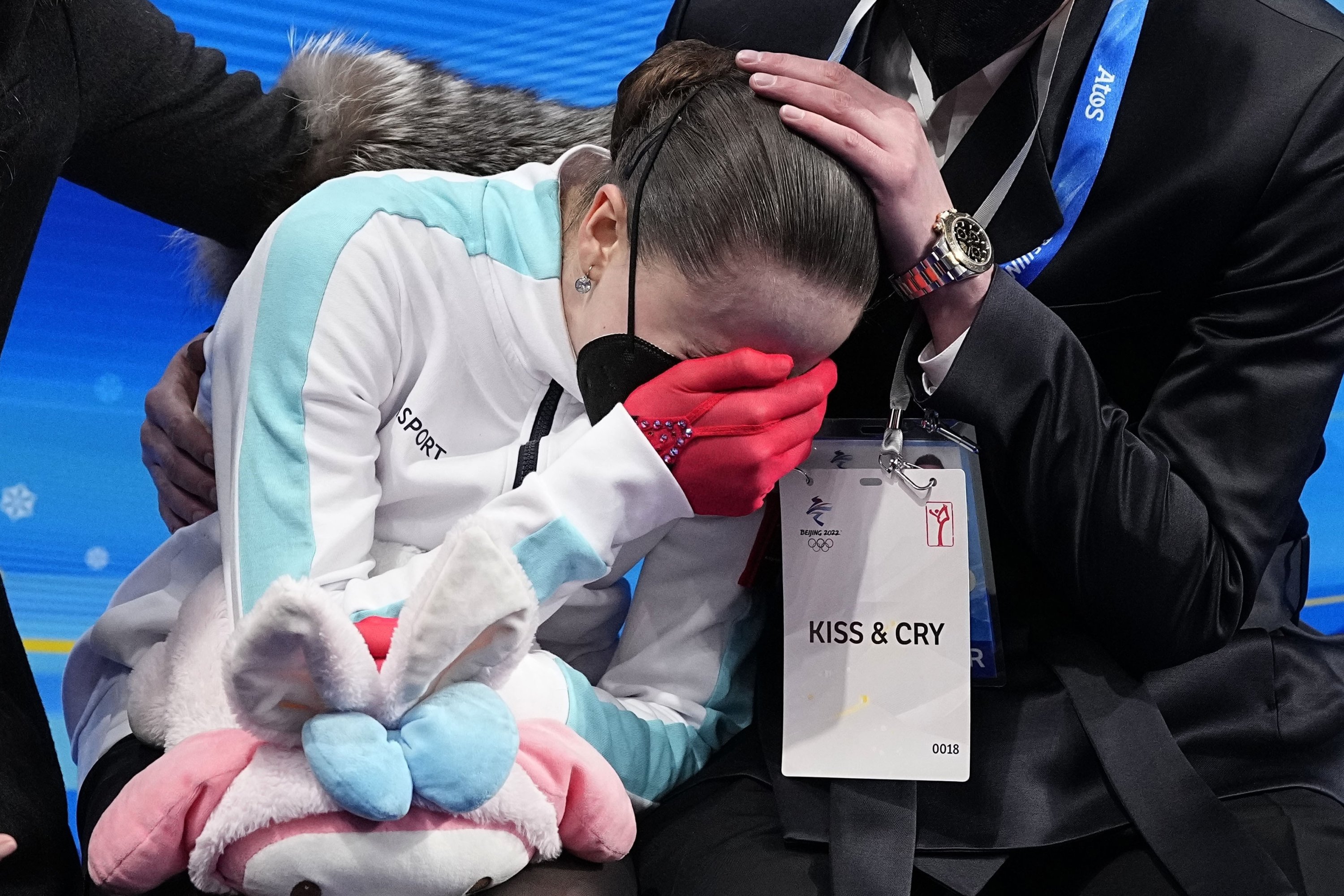© Turkuvaz Haberleşme ve Yayıncılık 2026
Attorneys for Russian figure skater Kamila Valieva have taken her doping case back to court, claiming the World Anti-Doping Agency (WADA) withheld and altered crucial evidence that could have supported her contamination defense.
The new legal push comes after revelations of a secret experiment that tested her claim – an experiment WADA initially failed to disclose.
The experiment, conducted by scientist Martial Saugy at the request of Russia’s anti-doping agency (RUSADA) through WADA channels, remained unknown until The Associated Press (AP) uncovered its existence last September.
WADA’s leadership was alarmed by the study’s findings and its potential implications.
“We have a big issue,” WADA Director General Olivier Niggli wrote in a message to WADA’s general counsel. “How come we have Saugy doing an opinion for Valieva, super-favorable to her?”
Valieva’s legal team argues the report, which tested her claim of accidental ingestion through a strawberry smoothie prepared by her grandfather, should have been presented during the 2023 Court of Arbitration for Sport (CAS) hearing. Instead, it was omitted.
After reading the AP’s report, Valieva’s lawyers filed an appeal with the Swiss Supreme Court – often a last-ditch, rarely successful effort to overturn CAS decisions.
WADA eventually released the 11-page memo detailing Saugy’s findings, which outlined meticulous steps replicating the contamination scenario.
In their recent filing, Valieva’s attorneys accuse WADA of procedural fraud, alleging that:
WADA spokesperson James Fitzgerald denied any wrongdoing, stating, “Any allegation of wrongdoing on WADA’s part is completely rejected.”
He argued that the report was not WADA’s document to share and would not have influenced the CAS ruling, as the panel had already dismissed Valieva’s smoothie explanation due to lack of supporting factual evidence.
Saugy’s experiment sought to determine if trace amounts of Trimetazidine (TMZ), the banned heart medication found in Valieva’s system, could have originated from cross-contamination. His tests involved:
His conclusion? “The scenario cannot be excluded.” However, he also noted that “voluntary intake of a dose of Trimetazidine 4 to 5 days before the antidoping test remains the most plausible scenario.”
Valieva’s legal team contends that WADA omitted the final question posed to Saugy: “How did the TMZ enter the athlete’s body?” They argue his answer was deleted precisely because it supported Valieva’s contamination defense.
Valieva, now 18, was a star of the Russian team that initially won gold in the 2022 Olympic figure skating event before being stripped of the title due to her doping violation.
She is serving a four-year suspension set to expire in late 2025 but is reportedly aiming to return for the 2026 Milan-Cortina Olympics.

Her case adds fuel to the ongoing debate about WADA’s handling of doping violations across different nations. The controversy escalated when WADA accepted China’s explanation that contamination was responsible for 23 Chinese swimmers testing positive for the same banned substance Valieva used – without penalizing them.
The U.S. government subsequently halted its payments to WADA, citing inconsistencies in anti-doping enforcement.
The Valieva case is just the latest chapter in Russia’s long-running battle with the anti-doping system. For years, Russian sports leaders were found to have manipulated drug tests and misled international regulators. At the time of Valieva’s positive test, RUSADA was already noncompliant, forcing it to funnel Saugy’s experiment request through WADA.
That involvement sparked concern within WADA leadership. Internal messages obtained by AP reveal Niggli’s urgent warning to Gunther Younger, head of WADA’s investigations unit:
“If it is a RUSADA opinion, we should absolutely not be involved in any way. This is a big issue on our side to get involved in such an opinion that will be used in court. We have to stop that urgently.”
Now, as Valieva’s legal team mounts its latest challenge, the case could further expose the cracks in the global anti-doping system – raising tough questions about transparency, fairness, and the role of politics in sports justice.
